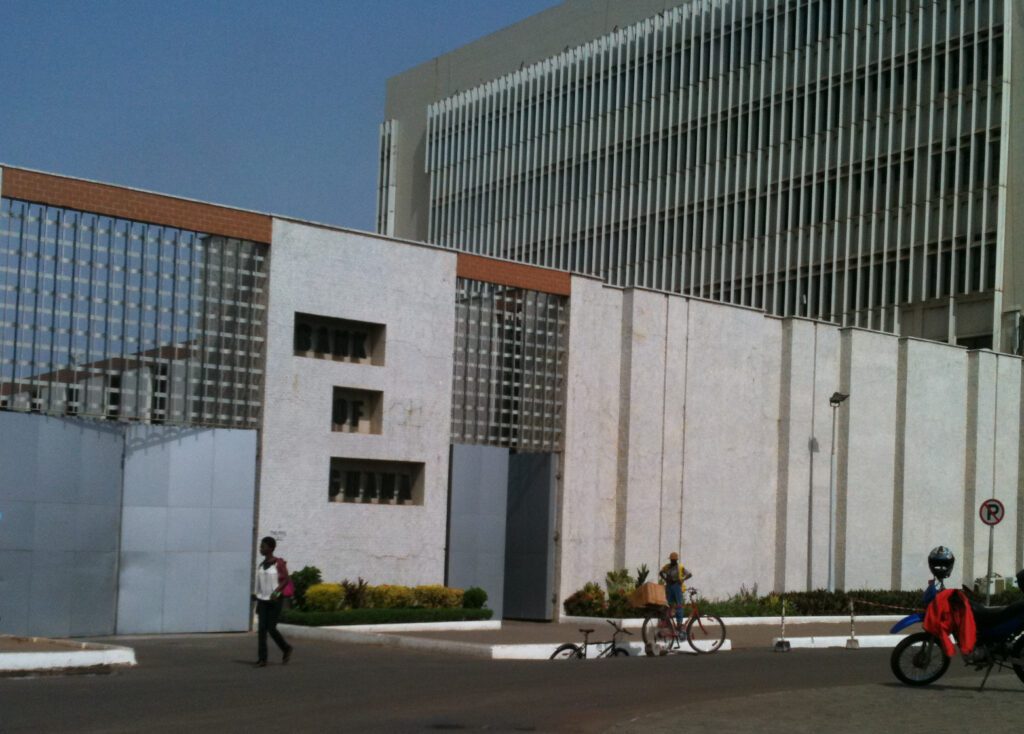The Monetary Policy Committee (MPR) of the Bank of Ghana has increased its policy rate by 100 basis points from 13.5 per cent to 14.5 per cent, citing inflationary pressures.
“Inflationary pressures are becoming embedded in most advanced and emerging market economies with potential implications for the current supportive financing conditions driving the recovery,” the Bank of Ghana said in a statement.
It said the headline inflation had risen consistently from the low of 7.5 per cent in May 2021 to 11.0 per cent in October, driven by both food and non-food price increases.
The statement said all the Bank’s core measures of inflation had increased, indicating broad-based underlying inflation pressures, with the potential of de-anchoring inflation expectations.
“Currently, headline inflation is above the upper limit of the medium-term target band and the Committee noted significant risks to the inflation outlook,” it said.
These risks include rising global inflation, high energy prices, uncertainties surrounding food prices and investor behaviour.
The Committee noted that these elevated inflationary risks, required prompt policy action to re-anchor inflation expectations to safeguard the central bank’s price stability objective.
The statement said the global economy had continued to recover but the intensity of supply constraints, including slack in the labour markets and shortages in intermediate goods, has moderated the pace of growth.
It said overall, the risk to the near-term global outlook is tilted to the downside in the wake of the resurgence in Covid-19 transmission rates in some advanced countries and pre-mature monetary policy normalization due to persistent price pressures.
The statement said the increasing concern about the strength of the recovery and the stronger US dollar has exerted currency pressures in some emerging market and frontier economies.
In the domestic economy, the recovery in the real sector was progressing at a steady pace.
It said high-frequency economic indicators reflected increased momentum in the pace of economic activity, close to pre-pandemic levels.
The statement said consumer and business sentiments had turned around, driven by perceived improvements in economic prospects, although consumers expressed concerns about current household finances.
The Committee decided that macroprudential policy measures and regulatory reliefs announced at the onset of the pandemic should remain in place to support a more robust recovery of the economy.
Commenting on the rate hike, Mr Emmanuel Tsigbey, Chartered Economics Analyst, said basically, any Central bank would be alarmed by a 47 per cent rise in inflation (7.5 per cent in May to 11 per cent in Oct, 2021) over five months.
The central bank would “take steps to curtail it by hiking its MPR and that is exactly what the BoG has done.”
“The Central bank will be lending to commercial banks at a relatively higher rate and given this, commercial banks will do the same when transacting with their customers,” he added.
The Analyst said with time, government securities would become attractive and as investors take positions in these securities, the government through the Central bank ends up mopping excess funds in the system, which would have been used for consumption leading to a rise in inflation.
Mr Collins Appiah, Financial Economist with Services Integrity Savings and Loans, told the GNA that “I am not surprised by the policy rate hike.”
He said the inflation rate had steadily been on the rise and looking at the rising oil prices and their impact on the exchange rate, the Bank’s only option was to increase the rate to tame inflation.
Source: GNA
Send your news stories to


